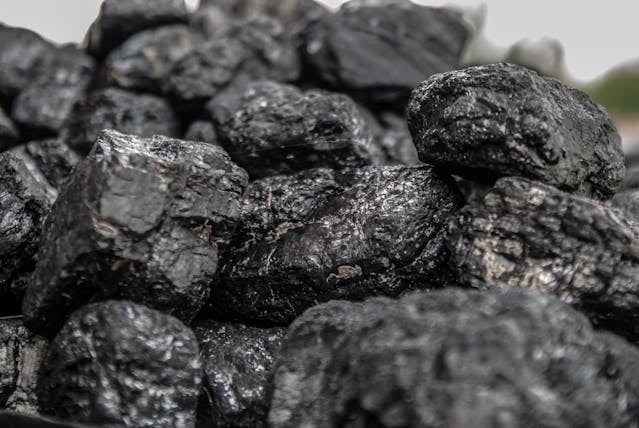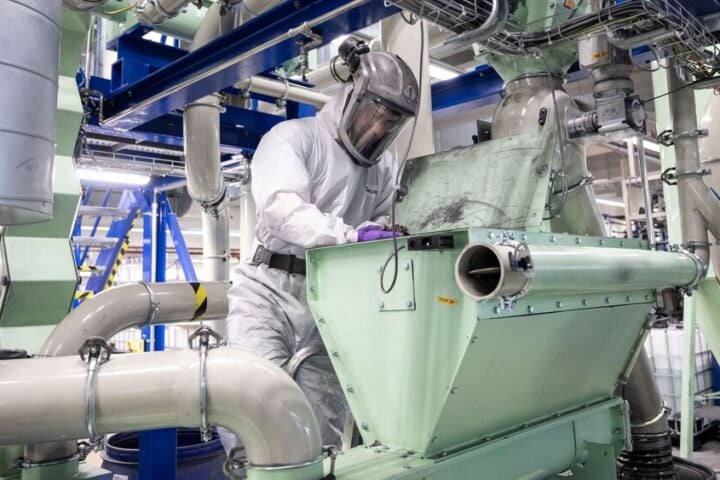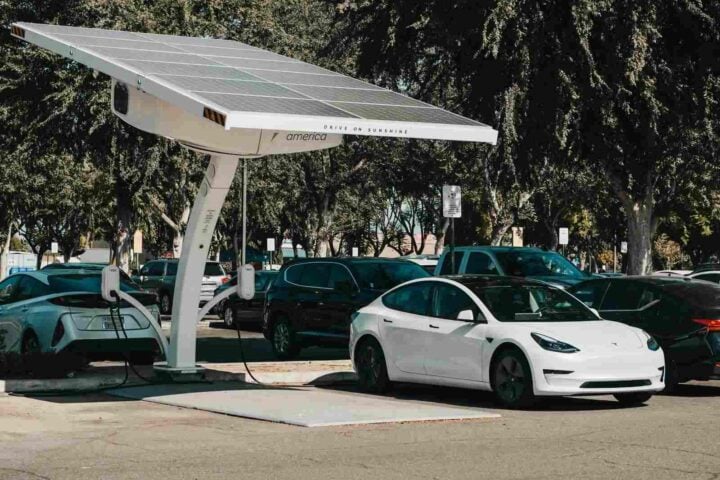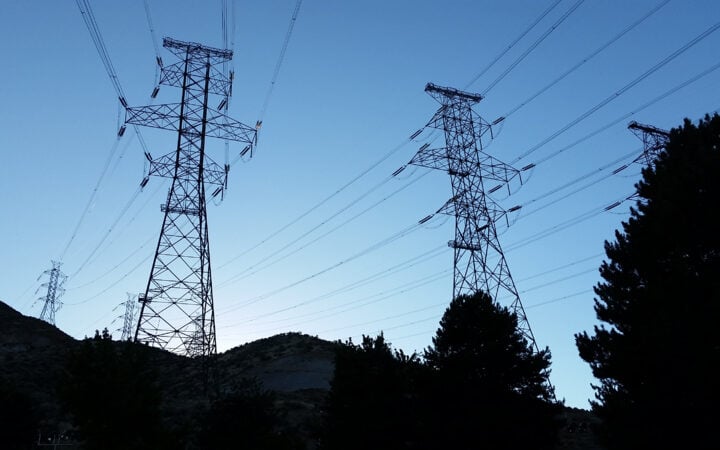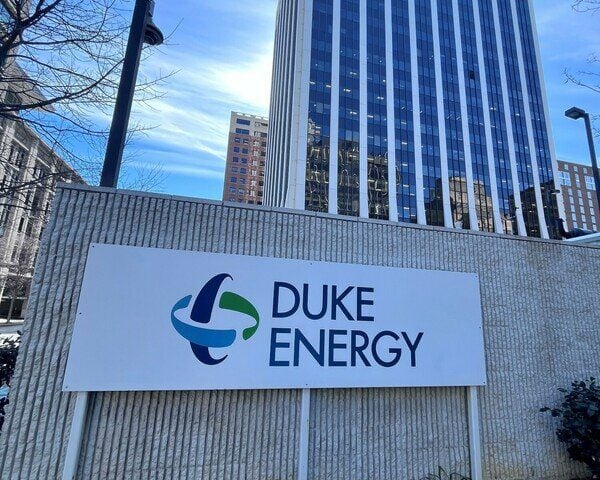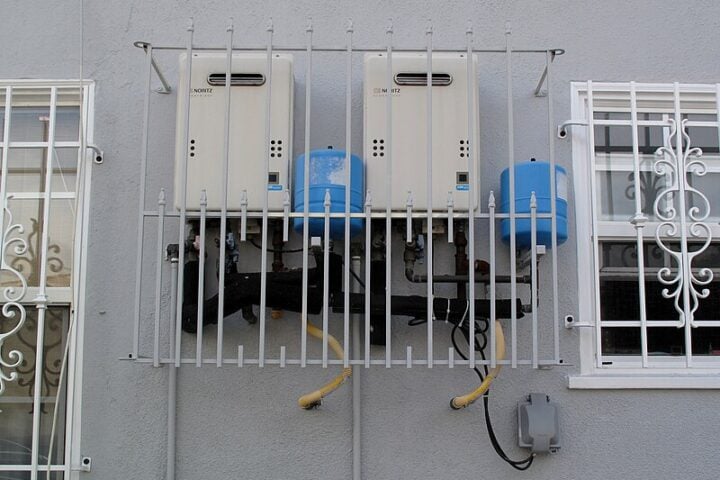As per a report by ProPublica, the EPA approved Chevron Refinery in Mississippi can pose serious health hazards like cancer for the nearby population. The Chevron refinery which was initially setup in 1963, has plans to make fuel from discarded plastic in a bid to support the new “climate friendly” initiative.
ProPublica and Guardian accessed the records from the agency. It suggests that the production of one of the fuels could emit cancer causing air pollution and could affect 1 out of 4 people if exposed over a life period. The refinery situated in Pascagoula, Mississippi could affect the population with low income and even black that are dwelling within 3 miles.
In 2022 EPA announced its climate friendly initiative with petroleum alternatives. The program was mostly focused on plant based fuels but plastic based fuels were also included. Plastic is originally made from petroleum and the fuel making process can release harmful greenhouse gasses.
- Scientists New Color Olo Only Shows Up When a Laser Hits One Eye Cell Most People Never Notice
- NYC Congestion Toll Cuts Traffic by 1M Vehicles; Trump Sets April 20 Deadline
- Gray Whales Suffer 94 Deaths in Baja Lagoons, Calf Pairs at Record‑Low Eight
- The Antler Chronicles: Wyoming’s Shed Hunt Evolution
- Tesla Delays Affordable Model Y Production to Late 2025 Amid EV Market Pressure
Maria Doa, a scientist and former employee at the EPA expressed grave concerns about the issue. “EPA should not allow these risks in Pascagoula or anywhere,” said Doa.
Chevron in their written statement mentioned “plastics are an essential part of modern life and plastic waste should not end up in unintended places in the environment. We are taking steps to address plastic waste and support a circular economy in which post-use plastic is recycled, reused or repurposed.”



